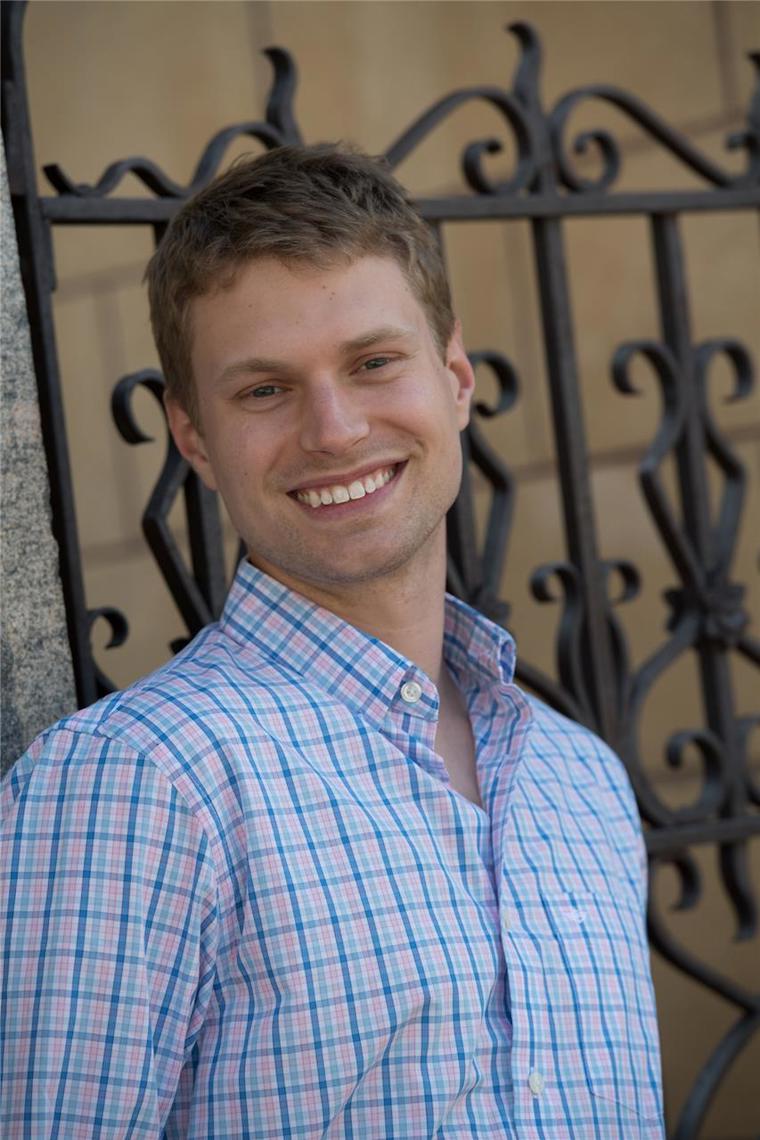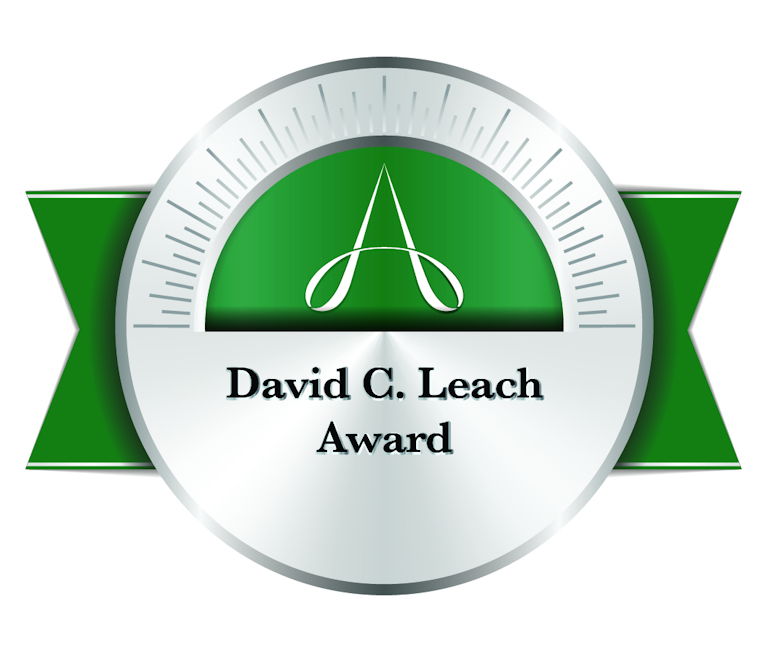This interview is one in a series of interviews with recipients of the 2021 ACGME Awards. The awardees join an outstanding group of previous honorees whose work and contributions to graduate medical education (GME) represent the best in the field. They will be honored at the ACGME Annual Educational Conference, taking place virtually February 24-26, 2021.
2021 David C. Leach Awardee Matthew Robert "Robbie" Martin, MD is an instructor fellow who focuses on evidence-based provider well-being promotion at the University of Colorado School of Medicine. He specializes in family medicine.
ACGME: Why did you want to become a physician?
Martin: I wanted to become a physician to help people, pure and simple. I knew there were a lot of ways to help, but medicine combines a unique set of communication skills, compassion for suffering, profound scientific knowledge, unique challenges, and the ability to work with individuals and communities.
ACGME: What was been the most rewarding part of your residency?
Martin: In residency, the most rewarding times were spent working hard with our Resident Wellness Committee. I miss our Wellness Committee meetings! There was a palpable air of earnestness, pragmatism, and dedication to improving the training environment for residents. Everyone was passionate about working together, both residents and faculty members, to address this serious issue in innovative and tangible ways.
ACGME: What was the most challenging?
Martin: The most challenging aspect of residency was the burnout and disillusionment that I personally experienced as a resident. Nationwide studies indicate that between 45-60 percent of residents have symptoms of burnout, and the realities of residency make it difficult to take on additional responsibilities or advocate for systems-level changes to better support resident well-being. Residents (and all providers, really) are hungry for meaningful changes that truly address the systems-level causes of burnout. I only wish we could have done more, but the well-being promotion movement is slowly gaining momentum and health systems are taking this more and more seriously. It's a slow process, but I'm proud of the small steps we're taking in the right direction. The most challenging aspect was feeling like the systems-level factors that contribute to burnout and mental health concerns for providers were simply too big to tackle, feeling like our hands were tied. It's going to be a long road, but I remain optimistic that meaningful change is tenable and will gain more and more momentum.
ACGME: What innovation/improvement did you implement in your program?
Martin: We (through our Wellness Committee) were able to significantly build upon a framework that encouraged and solidified resident physician input, activism, and involvement around resident well-being in a vibrant family medicine residency program. I am proud of the data-driven and resident-led approach we took to try and address resident concerns about their ability to do their jobs while caring for both themselves and their patients. I'm proud of some of the scheduling changes for which we were able to advocate such as breaking up a long stretch of night shifts and allowing residents to leave the clinic slightly earlier during one of our most difficult months of training. We also created the role of faculty and resident Wellness Champions in accordance with national recommendations to assure this sort of continuous monitoring and improvement continues.
ACGME: What does it mean to you to receive this award?
Martin: To me, winning this award is another step in the right direction. It's further proof that this global movement to promote provider well-being is continuing to get the attention it so desperately deserves. Since finishing residency, I'm enrolled in a yearlong fellowship to further develop skills around evidence-based physician well-being to more effectively advocate for this cause. The award reminds me that, despite the inherent difficulties, there is still a place for this area of expertise.
ACGME: What advice would you give to other residents/fellows who are looking to either replicate your improvement or implement an original idea of their own in their own program?
Martin: I'd recommend taking excellent care of yourself first—to the extent that you can. It's a cliché, but I constantly find myself reminded of this guiding truth. Trying to improve and change long-standing and complex drivers of disproportionate job demands and moral distress in medicine is more difficult than I ever could have imagined when our Wellness Committee struck out to make meaningful changes. I'd recommend drawing on the data that has been growing exponentially around what human beings (yes, even doctors) need to flourish and around provider well-being in general. From there, find a group of passionate people and focus on evidence-based, stakeholder-supported incremental improvements and small wins through the lens of quality improvement. Be brave, be vulnerable, and let other people know if you're struggling. You're not alone.




